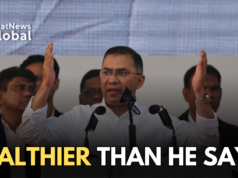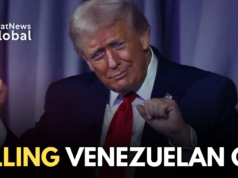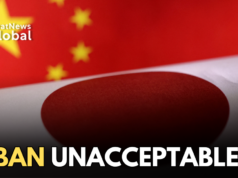“When we talk about a trade corridor … it is an infrastructure we are building to facilitate the movement of trade and goods … this would then lead to economic prosperity and greater integration, political integration … and both these need to be thought through very clinically.”
Vice Admiral Anil Chawla, (Retd), former flag officer in chief Southern Naval Command, points to the geopolitical problems that have stymied India’s grand plans for such trade corridors.
In a conversation on The Gist, he pointed to the India-Middle East-Europe Economic Corridor (IMEC), mooted at the Delhi G20 two years ago, it is yet to take off given the relentless Gaza War being waged by Israel for the last two years.
“The Kaladan project we have the problems going on in Myanmar and now also in Bangladesh … then we have the issues that Iran is facing with international sanctions .. we have the Taliban in Afghanistan which is again not very helpful to the (International North South Transport Corridor) project.”
Is the IMEC corridor viable? Adm Chawla believes that in terms of viability, “You cannot really compete against a sea route … just the sheer volumes that a single bulk carrier or oil tanker can carry .. it is mind boggling.”
He said the project involves transshipment at two points, in Jebel Ali port in the UAE and again at Haifa in Israel, there is a cost and time involved. It’s also doubtful that moving goods by train is that easy, given that trains can carry only a limited amount.
Rail transport is also carbon intensive, one and a half times more unfriendly in terms of carbon emissions than by sea. Therefore the viability is not there, but the admiral argued that by expanding the economic corridor concept to include a digital corridor, a development corridor and even a tourism corridor, this could enable the project to be viable even profitable.
Tune in for more in this conversation with Vice Adm Anil Chawla on the IMEC project.
Thirty eight years in journalism, widely travelled, history buff with a preference for Old Monk Rum. Current interest/focus spans China, Technology and Trade. Recent reads: Steven Colls Directorate S and Alexander Frater's Chasing the Monsoon. Netflix/Prime video junkie. Loves animal videos on Facebook. Reluctant tweeter.




